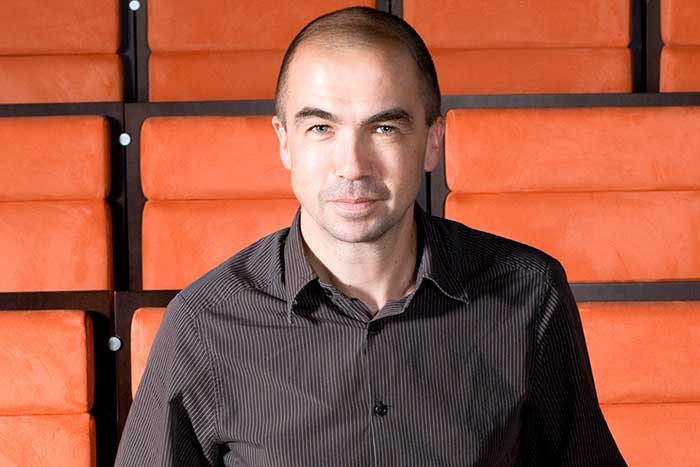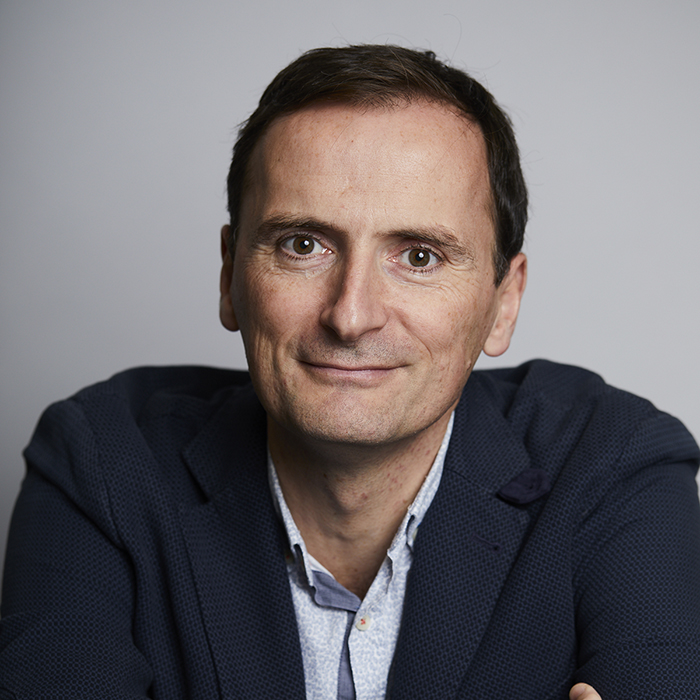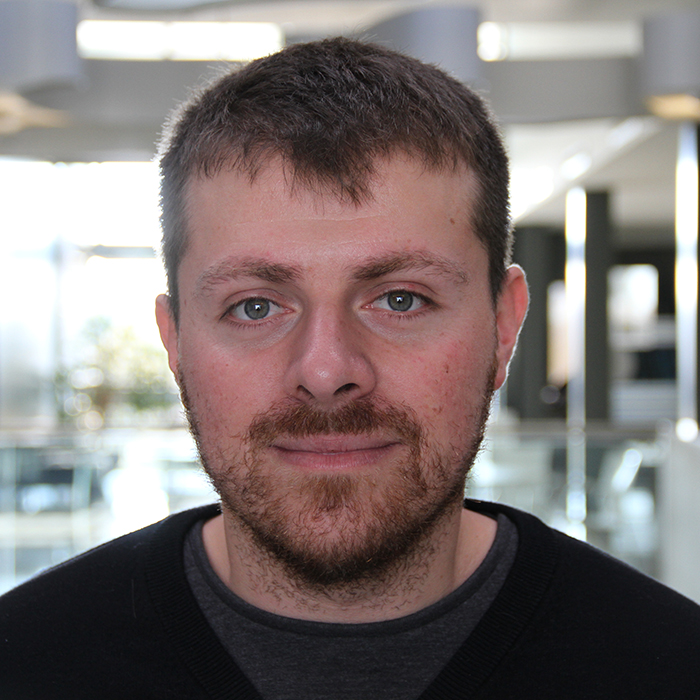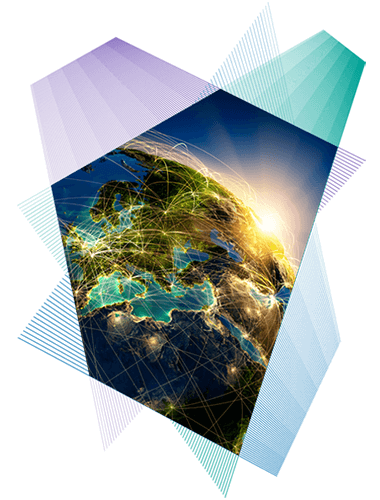Quantum Communication
Quantum communication technologies for a secure digital society and future quantum internet compatible with existing infrastructures.
Coordinator
Prof. Dr. Hugues de Riedmatten
ProjectsQuantum CommunicationCV-QKD
Quantum key distribution (QKD)
We will lead efforts to develop a low-cost, compact, and high-speed CV-QKD prototype that operates over distances of up to 50 km. This link will be used to explore several open issues in CV-QKD protocols, mainly related to side channel attacks. Subsequently, CV-QKD will be implemented independently of the employed measurement device (EMD), thus increasing the security of the previously developed system. Finally, the first CV-QKD-EMD field demonstration will take place, paving the way for a secure CV-QKD network and the deployment of this technology on a large scale.
Coordinator
Hugues de Riedmatten is ICREA professor and head of the Quantum Photonics group at ICFO since 2010. He obtained his PhD from the University of Geneva in 2003, where he worked as a Principal Scientist until 2010 after a two-year post-doctorate at the California Institute of Technology. His research focuses on the science of experimental quantum information and quantum optics. His group is developing quantum technologies to implement quantum networks and quantum repeaters for long-distance quantum communication, including quantum memories for light, quantum light sources, and quantum frequency conversion (www.qpsa.icfo.es). His research was awarded the City of Barcelona Prize in Experimental Science and Technology in 2017, a Start-up Grant from the European Research Council and a research grant from the Moore Foundation.
Participants
Valerio Pruneri, project coordinator for CiViQ and partner in QuantumCAT, is an ICREA Industrial Professor, Corning Inc. chair and group leader at ICFO. Previously he worked in industry, Avanex Corporation, formerly Corning OTI and Pirelli Optical Technologies. He has over 50 granted or pending patent families, 100 invited talks at major international conferences in the field of photonics, optical materials, multifunctional surfaces and quantum technologies, an h-index of 58 (Google Scholar). His research at ICFO has so far contributed to three spin-offs (www.quside.com, www.sixsenso.com and www.luxquanta.com) and numerous industrial collaborations with Corporates. For his research and technology transfer effort, he received the Philip Morris Prize, the Pirelli Research Fellowship, the IBM Faculty Award, the Paul Ehrenfest Best Paper Award, the Duran Farell Prize and the Corning Inc. Chair.
Antonio Acín is ICREA professor and head of the Quantum Information Theory group at ICFO since 2008. He obtained his PhD from the University of Barcelona in 2001, and after two years of postdoctoral work at the University of Geneva, he joined ICFO in 2003. His research is primarily focused on new quantum information protocols, with an emphasis on cryptographic applications and methods for characterizing quantum correlations. Dr Acín has been awarded four grants from the European Research Council: Starting (2008-13), Proof of Concept (2012-13), Consolidator (2014-19) and Advanced (2020-24) and holds the AXA Chair in Quantum Information Science.
Sebastián Etcheverry is a postdoctoral researcher in the Optoelectronics group at ICFO since 2017. He obtained his PhD at the Royal Institute of Technology (KTH) in 2017. He has worked on high-dimensional quantum key distribution, experimental tests of quantum contextually, and tomography of quantum states. Besides, during his PhD, he developed optical fibre technologies for electro-optic modulation and life-science applications. His current research is focused on the development of a quantum cryptography system based on continuous variables.
Álvaro Cuevas is a postdoctoral researcher in the Optoelectronics group at ICFO since 2018. He obtained his PhD at Sapienza University in 2017, where he was a postdoctoral researcher until joining ICFO. His expertise ranges from massive and integrated photonics for simulating quantum walks and open quantum systems, to light-matter interaction for polaritonics and fundamental quantum mechanics. He has developed characterization techniques for quantum channels and coherence recovery protocols, and has also worked with fiber optic networks for Bell testing. His work focuses on the development of enhanced quantum optical microscopy techniques and the quantum generation of random numbers and modulation of light in sophisticated materials.





